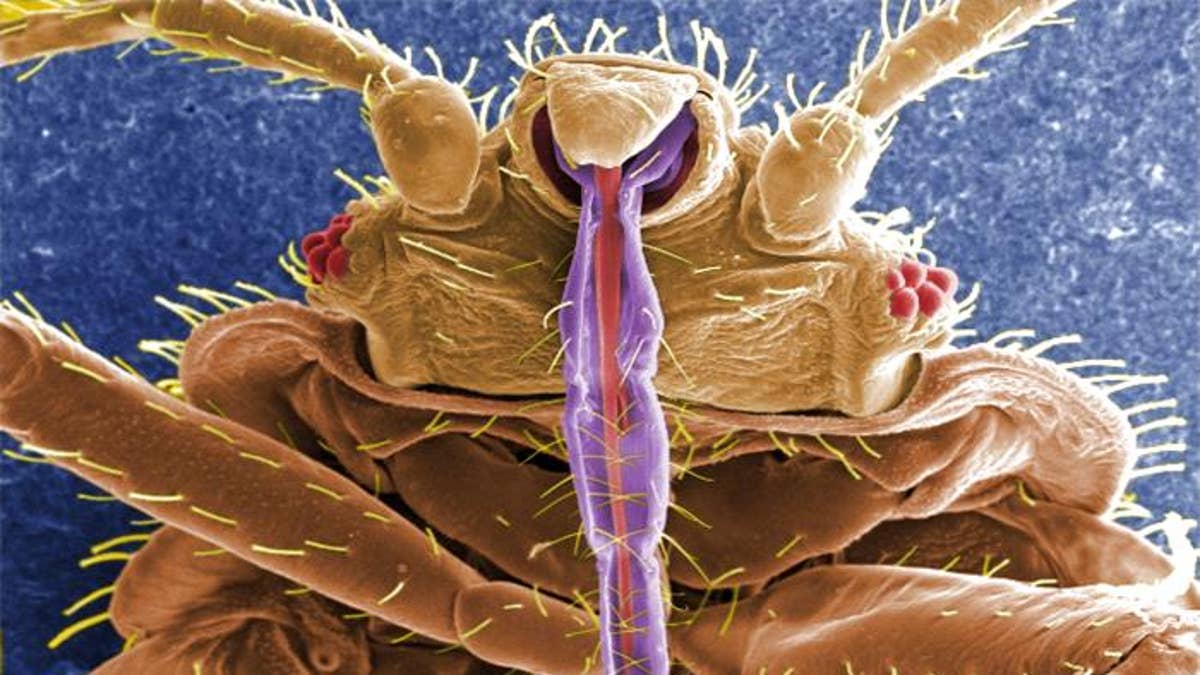
(AP)
The first comprehensive genetic study of bedbugs, the irritating pests that have enjoyed a world-wide resurgence in recent years, indicates they are quickly evolving to withstand the pesticides used to combat them.
The new findings from entomologists at Ohio State University, reported Wednesday online in PLoS One, show that bedbugs may have boosted their natural defenses by generating higher levels of enzymes that can cleanse them of poisons.
In New York City, bedbugs now are 250 times more resistant to the standard pesticide than bedbugs in Florida, due to changes in a gene controlling the resilience of the nerve cells targeted by the insecticide, researchers at the University of Massachusetts in Amherst recently reported.
The findings add to a growing body of evidence from molecular-biology studies that bedbugs have recently evolved at least three improved biochemical defenses against common pesticides. Bedbugs today appear to have nerve cells better able to withstand the chemical effects, higher levels of enzymes that detoxify the lethal substances, and thicker shells that can block insecticides.
"These bugs have several back doors open to escape," said evolutionary entomologist Klaus Reinhardt at the University of Tuebingen in Germany, who was familiar with the new research butn't involved in the projects. "Simple spraying around of some pesticides may not [be enough] now or in the future."
For more, see the full story in the Wall Street Journal.
